Freemasons, a secretive organization, have long been the subject of urban legends and conspiracy theories.
One of the most captivating claims is their alleged control over the global economy, favoring the interests of elite groups.
In this article, we will delve into their history, specific episodes tied to their influence, and examine this mystery from a modern perspective.
Are Freemasons truly pulling the strings of the economy, or are these claims nothing more than rumors?
By exploring related information and providing in-depth analysis, we aim to uncover the truth.
An Overview of Freemasons and Their Purpose
Freemasons are believed to have originated in Europe during the late 16th and early 17th centuries.
Known for their principles of liberty, equality, and fraternity, their secretive nature has made them a target of many conspiracy theories.
Their goals and activities have been the subject of speculation and intrigue for centuries.
Historical Background of Freemasons
- Evolving from Medieval Guilds
Freemasons are said to have their roots in stone masonry guilds, which maintained strict rules and secrecy to protect their craft. - Impact of the Reformation
To avoid religious persecution, many intellectuals and craftsmen joined Freemasons, fostering an exchange of free ideas. - Connection to the Enlightenment
During the Age of Enlightenment, advocates of human rights and equality joined Freemasons, influencing social reform movements.
Objectives and Activities
The main goals of Freemasons include self-improvement, community service, and the promotion of ethical behavior.
However, their secrecy has fueled speculation about their involvement in economic and political manipulation.
- Membership exclusivity ensures that internal activities rarely leak to the outside world.
- The involvement of politicians and business leaders as members raises suspicions of economic influence.
- Allegations persist about significant decisions being made behind closed doors.
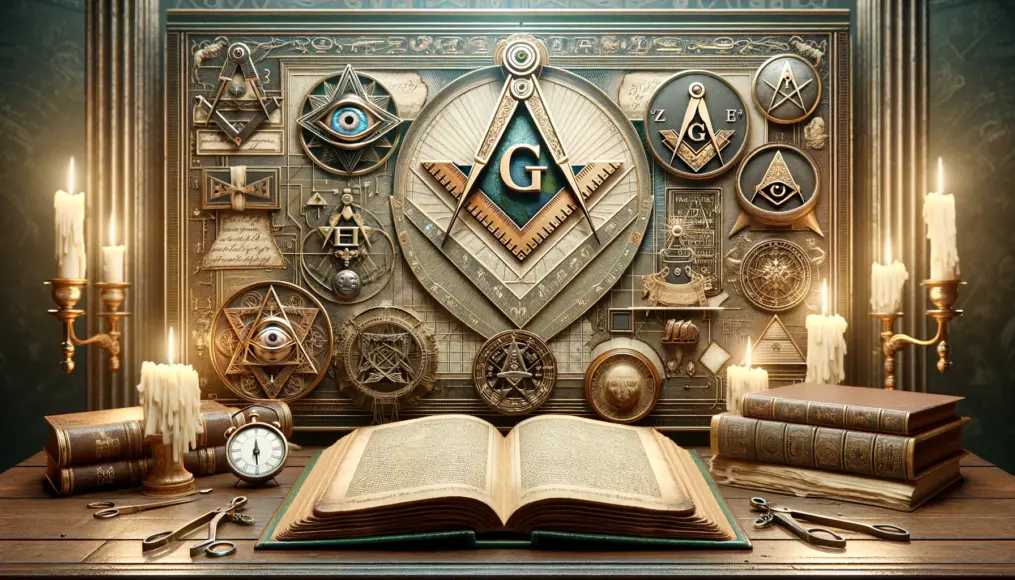
Freemasons and Historical Events
This section examines specific historical events allegedly tied to Freemasons and their potential impacts.
The Role of Freemasons in the American Revolution
Freemasons are believed to have played a significant role in the American Revolution.
Prominent leaders like George Washington and Benjamin Franklin were members, and they allegedly influenced key decisions during the independence movement.
- Drafting the Declaration of Independence
It is said that the Declaration reflects Masonic ideals of liberty and equality. - Financial Support and Networks
Masonic networks reportedly provided funding and information crucial to the revolution. - Symbols in Architecture
The layout of Washington, D.C., is rumored to include Masonic symbols, reflecting their influence.
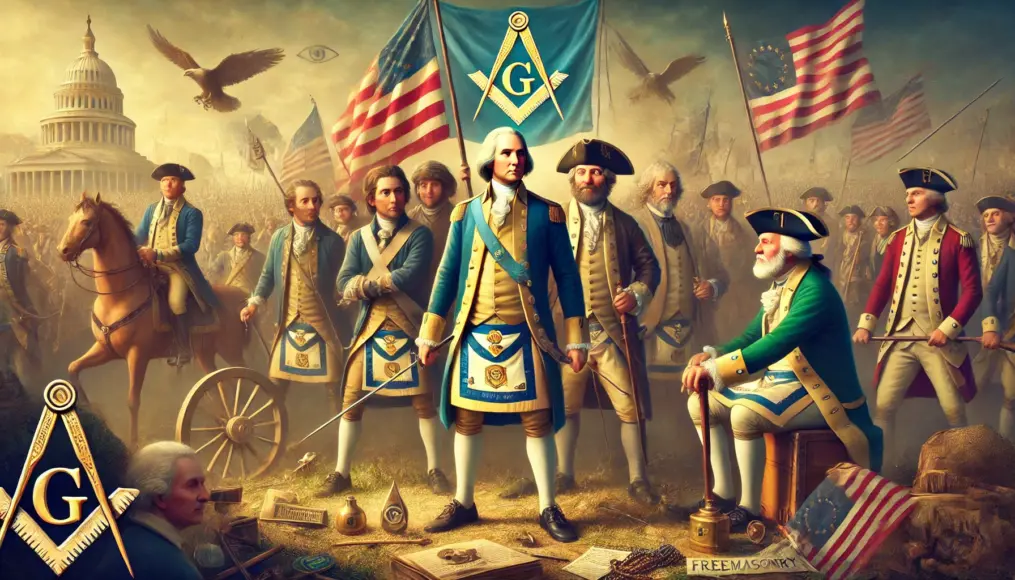
Influence During the Industrial Revolution
The Industrial Revolution is another period where Freemasons are thought to have exerted influence.
Their networks supposedly enabled collaboration among engineers and financiers, advancing infrastructure and financial systems.
- Development of Rail Networks
Freemason-affiliated industrialists significantly impacted the growth of railways. - Advocacy for Labor Rights
Some members are credited with improving labor conditions during this period. - Symbolism in Industry
Factories and banks allegedly incorporated Masonic symbols in their architecture.
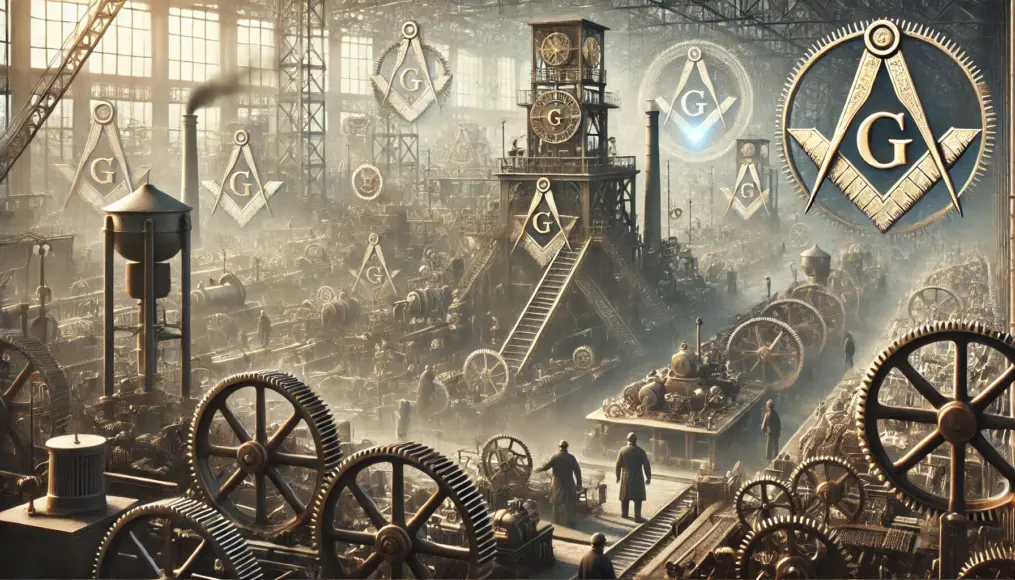
Economic Events in the 20th Century
Freemasons have also been linked to significant economic events in the 20th century.
Conspiracy theories suggest their involvement in the Great Depression and the 2008 financial crisis.
- The Great Depression and Wealth Redistribution
Some argue the Great Depression was a deliberate effort by Freemasons to redistribute wealth. - The 2008 Financial Crisis
Members with influence in financial institutions are rumored to have played a role in the crisis. - The Rise of Cryptocurrency
Cryptocurrencies like Bitcoin are speculated to be a new tool for Masonic control over the global economy.
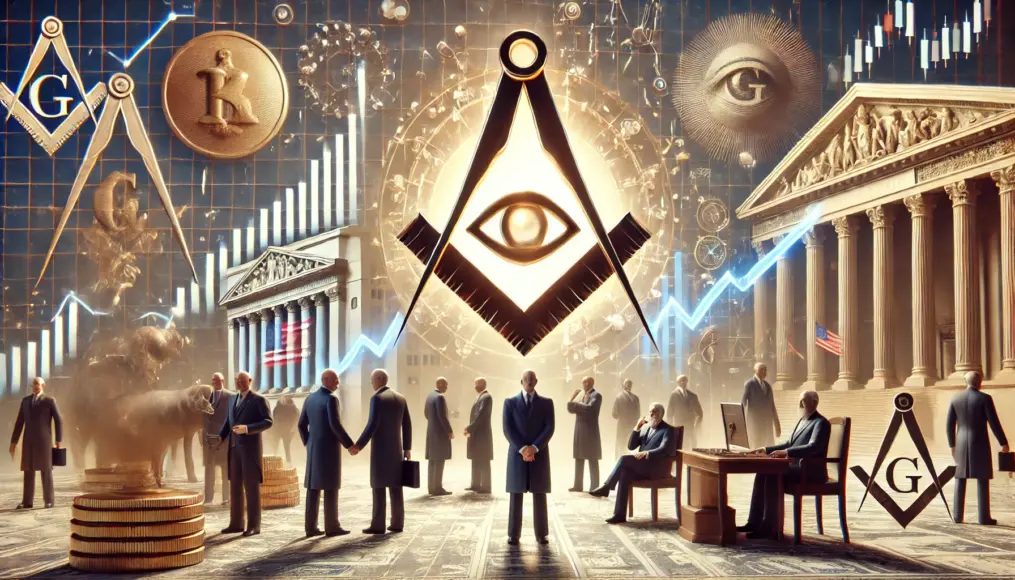
Modern-Day Influence of Freemasons
In contemporary times, suspicions of Freemasons’ influence on the global economy remain pervasive.
Specific Allegations
- Links to International Financial Institutions
Members allegedly hold key positions in organizations like the IMF and World Bank, influencing policies. - Media Control and Information Manipulation
Certain media outlets are rumored to be under Masonic influence, shaping economic narratives. - Transition to a Digital Economy
The spread of cryptocurrency and AI technology is also linked to Masonic agendas.
The Limits of Conspiracy Theories and Reality
While Freemason-related conspiracy theories are intriguing, they often lack substantial evidence.
Determining the extent of their actual economic influence remains a challenge.
- Lack of Evidence
Many theories rely on speculation rather than concrete proof. - Increased Transparency in Modern Times
The push for transparency in global economics makes secret manipulation increasingly difficult. - Official Statements from Freemasons
Freemasons claim to focus on ethics and education, denying intentions to meddle in politics or economics.
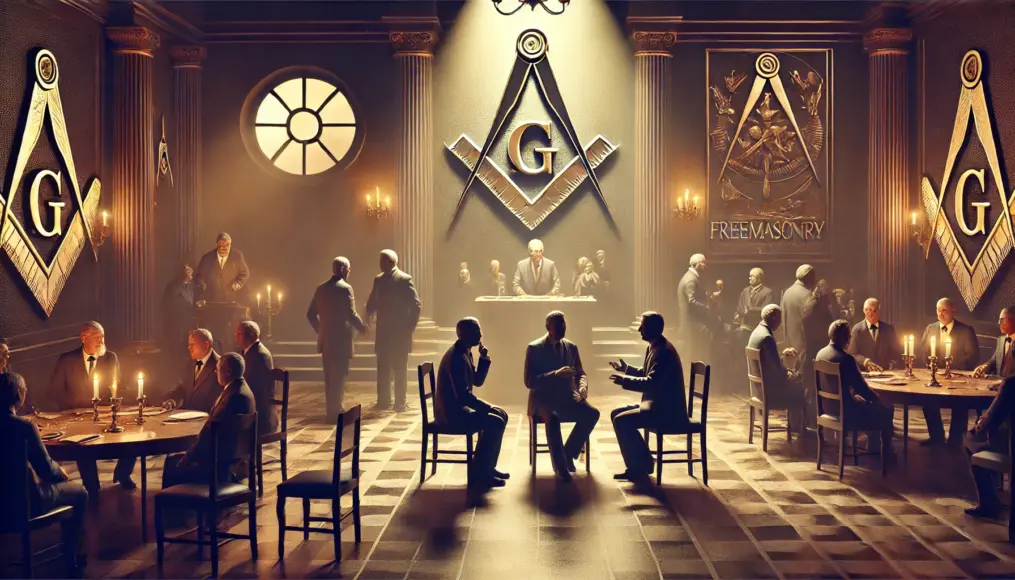
Conclusion
The conspiracies surrounding Freemasons arise from their secretive nature and intriguing history, intertwined with modern societal anxieties.
This article aimed to deepen understanding of Freemasons by exploring their historical background, specific allegations, and potential economic influence.
Whether fact or fiction, the topic will undoubtedly continue to spark debates.
Maintaining a critical perspective and engaging in informed discussions will remain essential as we navigate these mysteries.

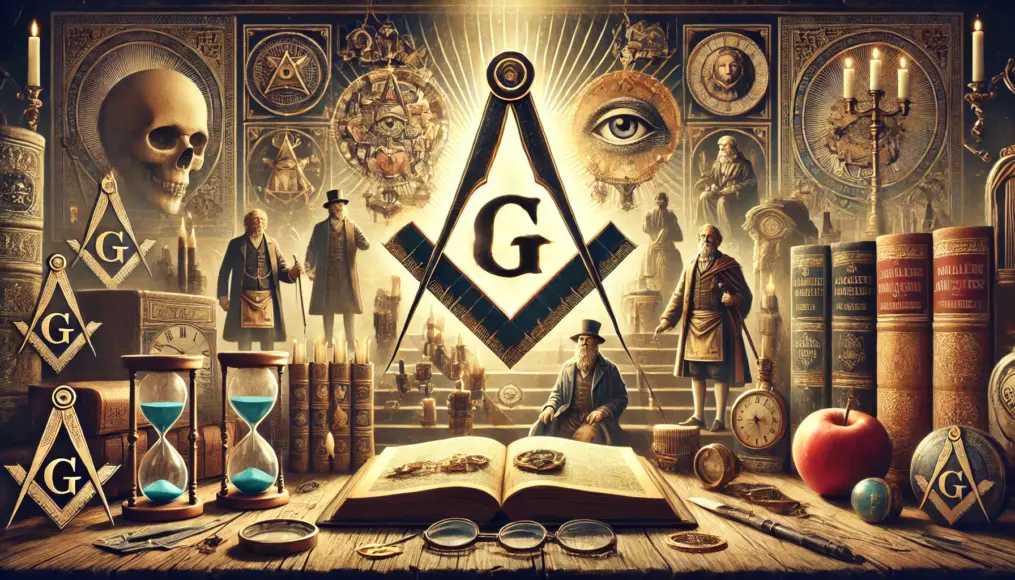
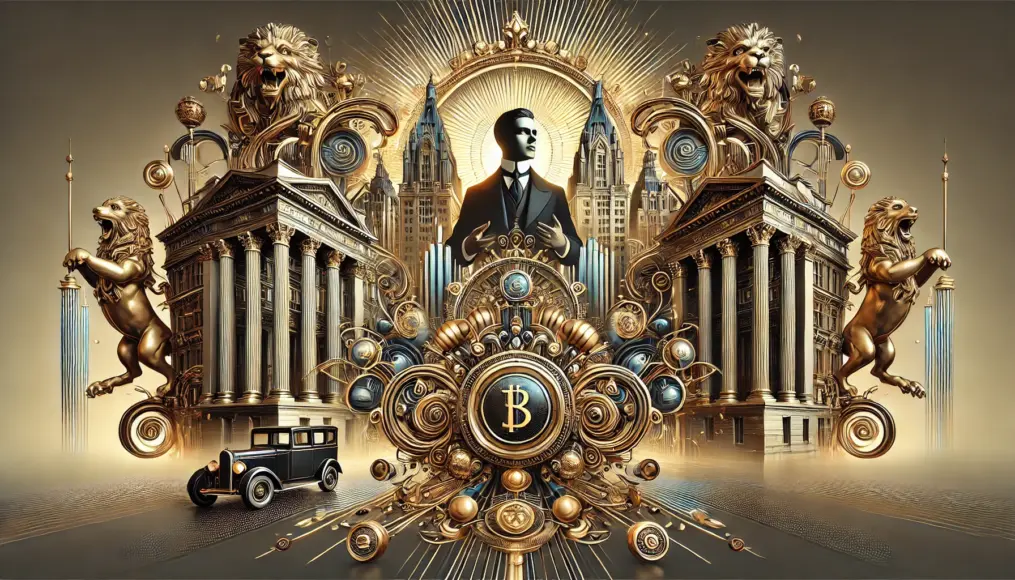
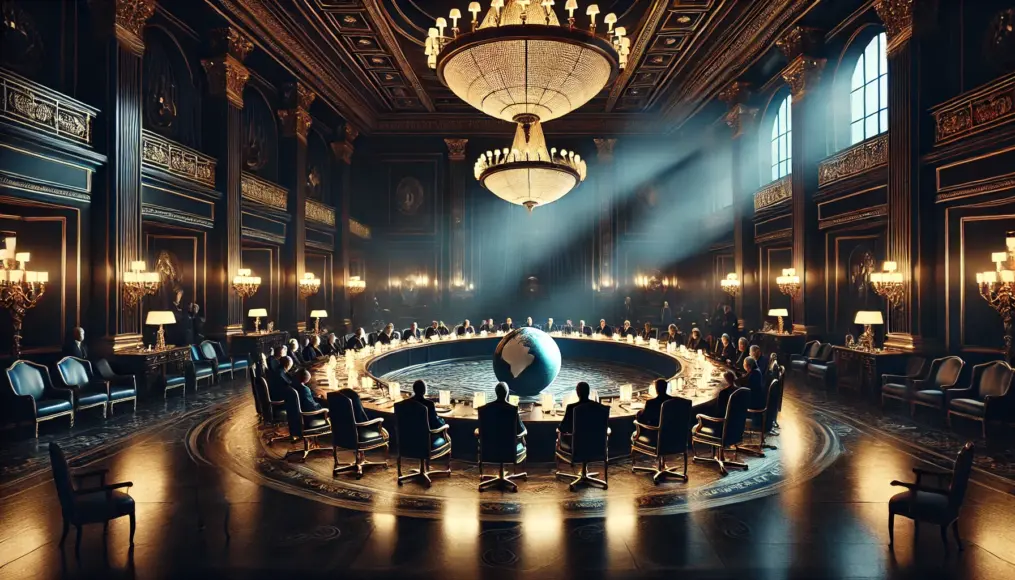
Comment